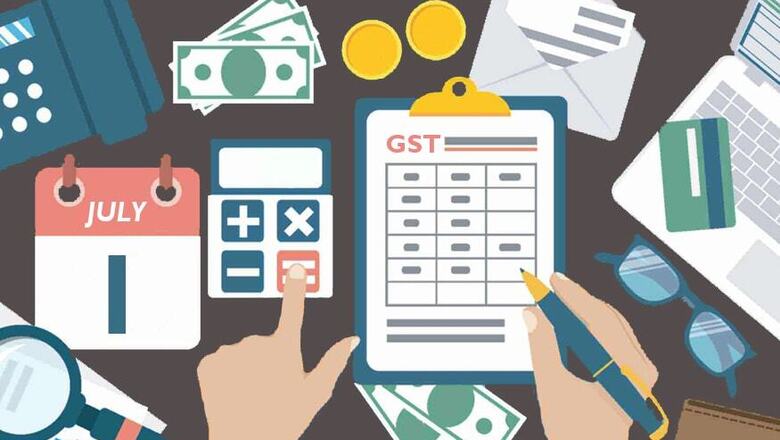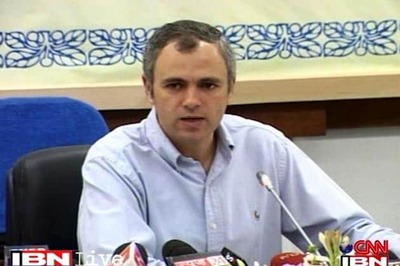
views
The Government's claim of GST being an easy to use tax hasn't held true.
After about a month from the rollout of GST on July 1st, the GST Council is scheduled to meet on Saturday to discuss and review the tax structure and rate on various commodities.
During the first month when GST was implemented, states and consumers had faced serious issues and voiced their concerns mainly regarding GST as well as CST (Central Sales Tax) levy on petrol and natural gas; high rate of taxation on handloom; rate of tax structure on SUVs and rate of tax levied on leased cars.
The first issue that several states are facing is that the levy of CST (Central Sales Tax) has not been discontinued on petrol and natural gas. Thus, consumers now after the implementation of GST have to pay GST + CST on petrol and natural gas. One of the main objective behind the implementation of GST was to prevent the consumers of one state to go to another state to procure cheaper goods and services. However due to the levy of GST along with CST is defeating the purpose of GST.
Further, Central Government is all in for the levy of CST despite being aware of the problems and in its defense stated that withdrawal of CST will increase the prices of farm inputs mainly fertilisers. A few odd states are also in support of the levy of CST, one of these being Gujarat that earns approximately Rs 7,000 crores, alone from taxation on natural gas. However, most of the States contend that the Central Government can reduce the levy on farm inputs and withdraw CST.
The next vital issue is the tax rate on leased vehicles. Under the previous system of taxation the VAT levied on leased vehicles was 12.5 percent to 13 percent. However, now under GST, it has been raised to 43 percent. Thus, under the GST scenario, cars like Toyota Altis that have completed 1 year out of the 4 year lease period will face an increase of about Rs 10,000 per month. This increase will largely impact the popular cab services like Ola, Uber and also travel agencies.
Coming to the issues with the tax structure and rate on large cars that mainly includes SUVs and hybrid vehicles that are facing a 43 percent levy including cess under the new GST regime along with a 15 percent compensation cess on large vehicles, but this resulted in the reduction of price of SUVs whereas increase in price of already highly priced hybrid vehicles.
Another agenda to be discussed is handicrafts industry. Under the new tax regime handicrafts and handlooms are facing the same rate of tax levy as textiles. The traders of textiles are as it is protesting over the high rate of tax levy.
And the states that largely depend on handicrafts and handloom like Gujarat, Uttar Pradesh, Rajasthan, etc. have voiced their concerns over the rate of tax being levied which is as high as 18 percent on certain items, which is in turn affecting the livelihood of workers.




















Comments
0 comment